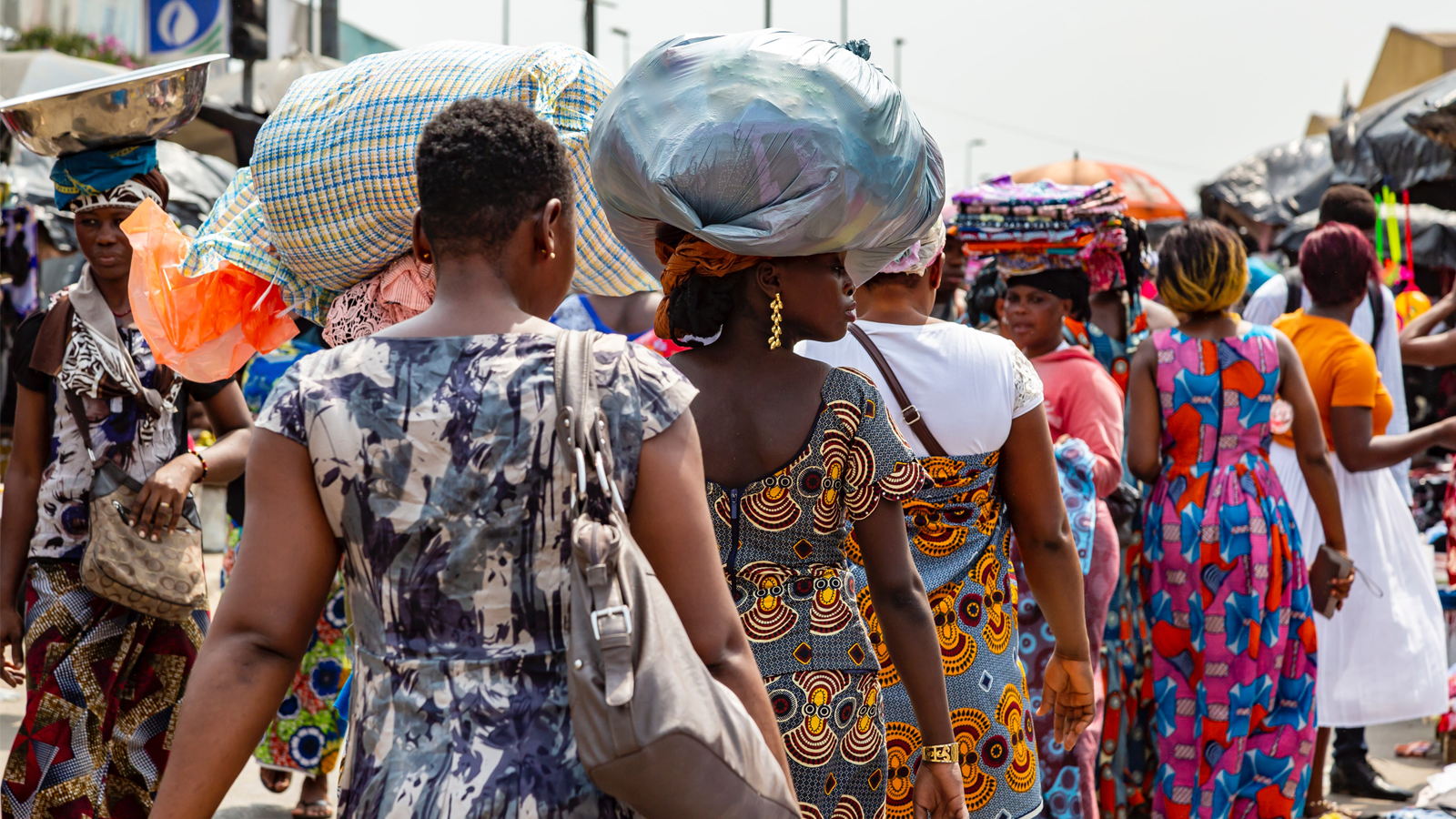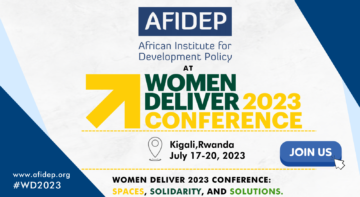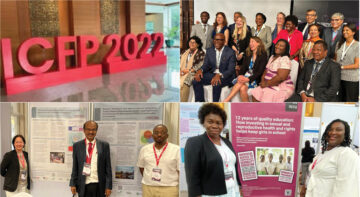Blogs

The 2017 UN “World Family Planning” report indicates that 63 per cent of women in the reproductive age range (15-49 years) who were married or in a union worldwide were using some form of contraception, with contraceptive use above 70 per cent in Europe, Latin America, the Caribbean, and Northern America, while being below 25 per cent in Middle and Western Africa. Another study estimates that 80 per cent of young women in sub-Saharan Africa either use a traditional method or do not use any form of contraception. Yet, the focus of fertility reduction and contraceptive uptake programming has been on modern methods with traditional methods of contraception receiving little to no attention. There is a scarcity of research, policy and advocacy efforts geared towards understanding the motivations, patterns and profiles of women who use traditional methods of contraception in sub-Saharan Africa. Furthermore, current research instruments do little to unearthing the dynamics and distinctions of traditional method use. Most studies on contraceptive use have primarily been informed by the Demographic and Health Surveys (DHS) which tend to be focused on gathering information on a single method (often modern method) in capturing a woman’s current use of contraception.
Recognising this gap, a traditional methods use study is being conducted by the TEAM-UP Consortium led by the African Institute for Development Policy (AFIDEP), that will develop and test new family planning (FP) measurement approaches by investigating how to account for and include traditional method users in measurement and programme approaches. The consortium seeks to address the likely bias in estimating accurately, traditional contraceptives use prevalence using standard family planning survey designs and instruments, as well as to advance the understanding of the motivations for traditional methods use.
The reasons for traditional or modern method use are varied and complex, therefore traditional contraceptive method users must be uniquely recognised in the family planning discourse since their needs may be characteristically different from those of modern users, as well as, non-users of contraception. Diverse factors determine access to sexual and reproductive health services and the use of contraceptives. For instance, it is often assumed that urban residents may have better access to reproductive health services thus more likely to subscribe to modern than traditional contraceptives use compared to their rural counterparts. However, recent studies have found that highly educated women and women who live in urban areas are more likely to use traditional methods of contraception than their less-educated or rural counterparts. Thus, lumping women from different contexts together may be problematic in addressing women’s contraceptive needs, especially for family planning policies and programs that seek to reduce the unmet need for family planning.
In understanding and clarifying the reasons for traditional method use, the consortium is asking questions that include whether users of traditional methods are using them as they transition to modern methods, or if they are a replacement for modern methods because of their fear of side effects, or other structural or ideological barriers. Furthermore, they are looking to comprehend users’ own definitions of what a traditional method is, given that there is no one universal definition for traditional contraceptive methods. Understanding women’s contraceptive method choices is key to enhancing family planning services provision and programming.
This research project, “Re-examining Traditional Methods Use: Desperation or Innovation?” dubbed TEAM-UP, is a three-year study currently being conducted in the Democratic Republic of Congo (DRC), Ghana, Kenya and Nigeria. The consortium is being led by the African Institute for Development Policy (AFIDEP) in partnership with researchers from the College of Medicine, University of Ibadan, and Akena Associates, Nigeria; University of Ghana; the University of Kinshasa in collaboration with the Population and Health Research Institute (PHERI), Democratic Republic of Congo (DRC); and University of Portsmouth, United Kingdom. The project is being funded by the Bill and Melinda Gates Foundation.
Related Posts





